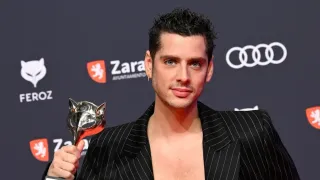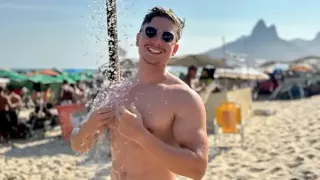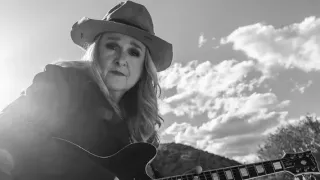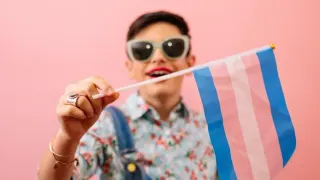August 26, 2016
Trump Immigration Waffle Reflects Voter Confusion on Issue
Nicholas Riccardo and Bill Barrow READ TIME: 3 MIN.
AKRON, Ohio -- Dean Green supports Donald Trump partly because of the GOP presidential nominee's tough, deport-them-all stance on illegal immigration. But the 57-year-old Republican paused as he complained about U.S. immigration policy and acknowledged that deporting all 11 million people in the U.S. illegally would separate families.
"I don't want to break up families," Green said.
It has been 30 years since the country embarked on an immigration overhaul, and the ambivalence of voters like Green is one reason why. Polls often show that majorities favor letting people illegally in the U.S. stay and also back tougher laws to deport them.
"The electorate is conflicted and that's a fundamental problem," said Whit Ayres, a Republican pollster. "This is such an emotional issue that reason and facts have very little to do with how people stand."
Trump is now either caught up in, or trying to exploit, that contradiction as he considers "softening" his controversial immigration stance. He won the GOP primaries on the strength of an aggressive immigration policy, calling for the immediate deportation of the estimated 11 million people in the U.S. illegally and construction of a Mexican border wall. But as he trails in the polls and struggles to overcome record lows with minority voters, he has sounded a softer tone.
"To take a person who's been here 15 or 20 years and throw them and their family out, it's so tough," Trump told a Fox News town hall, quoting what some "really strong" supporters had said to him. He even polled the audience on whether to allow some people in the country illegally to stay, a key part of President Barack Obama and Democratic nominee Hillary Clinton's agendas.
Todd Schulte, president of FWD.us, which advocates for an immigration overhaul that would let people in the country illegally remain here while increasing border security, said that Trump's words mean little until he commits to a real policy change. But just the fact that the candidate has to utter them is telling, he said.
"Opposition is not just toxic with Latinos and Asians and African-Americans, but with white voters," Schulte said.
A Pew survey released Thursday found 24 percent of the public favoring toughening border security first and 29 percent letting people stay in the country. Forty-five percent called for both. Trump's proposed wall is opposed by 61 percent of the country but backed by 78 percent of his supporters.
Views of immigrants have shifted over time, but remain conflicted, said Mark Lopez of Pew. In the early 1990s, two-thirds of Americans surveyed by Pew characterized immigrants as a burden on society, but now nearly two-thirds see them as a benefit. Lopez noted that happened as large numbers of immigrants settled in the U.S. and had children. However, a Pew survey last year found 50 percent of Americans believe immigrants make the economy worse compared to 28 percent who believe they make it better. (The survey did find majorities think immigrants improve food and music.)
Immigration has created complications for both parties. During the Democratic primary, as she courted groups that favor a softer stance on immigration, Clinton had to disavow her prior opposition to providing driver's licenses for people here illegally and also her support for deporting Central American children who flooded the border in 2014.
But the Democrat's contradictions are dwarfed by those in the GOP. During the GOP primary Trump slammed rivals like former Florida Gov. Jeb Bush and Ohio Gov. John Kasich for backing "amnesty" - letting people here illegally remain. But in exit polls in 20 primary states, 53 percent of Republican voters supported letting those immigrants stay, even as Trump won the primaries.
Ayres recalled a focus group in the Deep South during which conservative voters complained about illegal immigrants. One man said he wanted them to pay taxes, work and learn English. Ayres told the man that was precisely the bipartisan proposal that had passed the Senate in 2013 and was being held up in the Republican-controlled House. "But that's amnesty," the man responded. "I don't support that."
"That's when I turned around and cracked my head against the wall," Ayres said.
Roy Beck, president of Numbers USA, which pushes for less immigration, sees Trump's shift through that prism. "Trump is much more like an average American than he is like a politician," said Beck, whose group still downgraded Trump in its voter guide this week. "He's thinking about these things, people are talking to him and he's reflecting that."
Mark Krikorian of the Center for Immigration Studies, which also advocates for less immigration, doesn't think the Republican nominee should be cut any slack. Trump has changed his position on many issues, but immigration is the one that launched his candidacy, he said.
"Without the immigration issue, the words 'President Trump' would still be a 'Simpsons' joke,' " Krikorian said.






